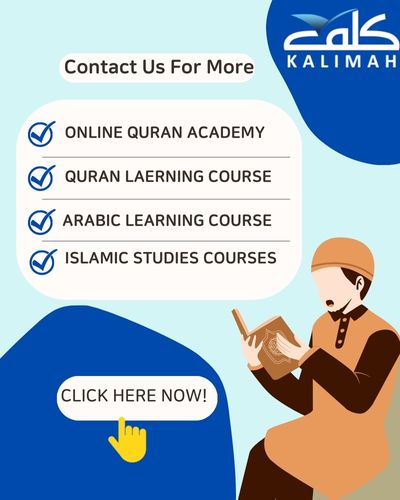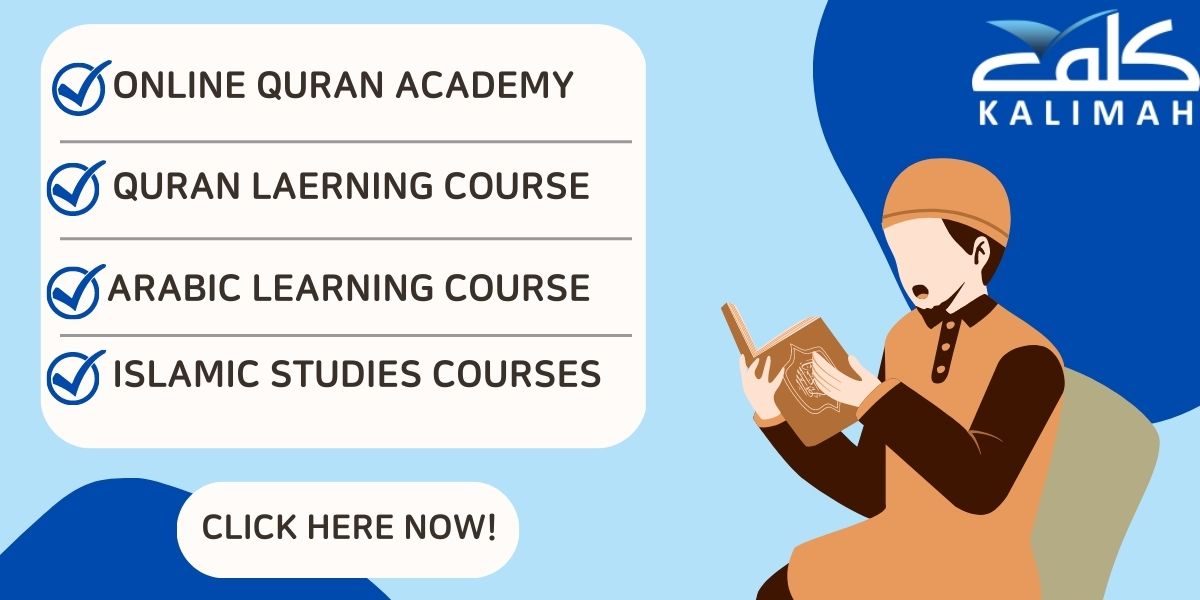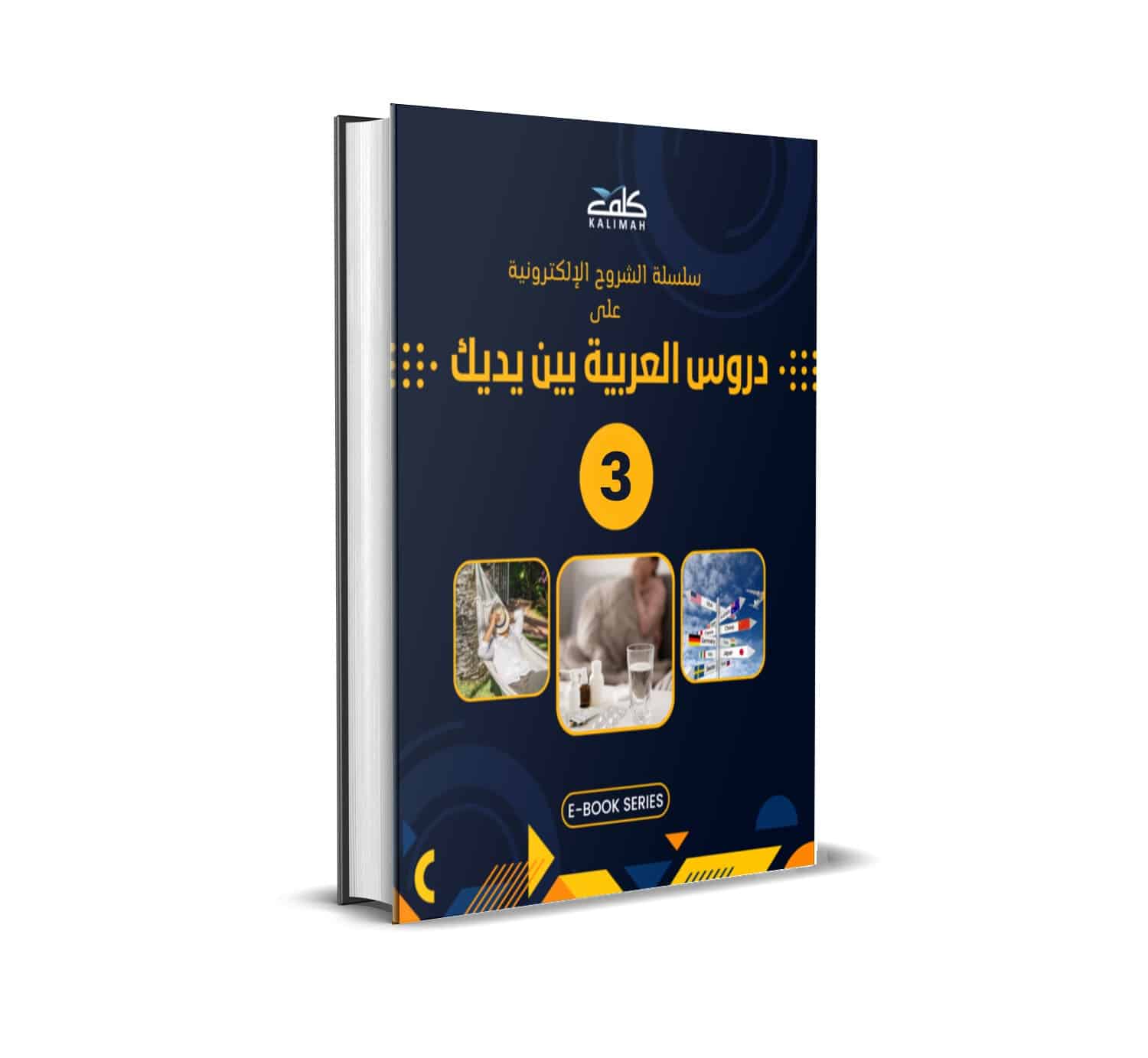In a Nutshell: No matter your age, diving into Arabic can be a thrilling adventure! Kids soak up the language effortlessly through play and stories, teens leverage their analytical minds for deeper understanding, and adults bring valuable experience and motivation to their learning journey. With engaging methods and personalized approaches, mastering Arabic becomes a rewarding experience at any stage of life. So, whether you’re a curious child or an eager adult, Arabic offers a world of discovery waiting just for you!
Ever wondered if you’re too old to learn Arabic? Or if starting your child early is truly advantageous? What age is best to learn Arabic?
Learning Arabic can be rewarding at any age. And in this article, we will discuss the following questions: What Age is best to learn Arabic? Can kids learn Arabic?
Get ready to be inspired to start your Arabic learning journey, regardless of your age.
What Age is Best to Learn Arabic?
Many people say the best time to learn something new is when you’re very young. But, you can learn anything anytime if you want to! Little kids are like sponges for learning words, but grown-ups have life skills that help them learn too.
It’s like a flower; it can bloom anytime. What’s most important is how much you want to learn.
Young kids (up to 12 years old)
Little kids learn words easily and their brains are made for it. Learning new words helps their brains grow and opens their eyes to new people.
Teenagers (13-19 years old)
Teenagers are usually more excited to learn and can understand grammar better than little kids. Learning new words helps them make more friends and can help them find good jobs one day.
Grown-ups (20+ years old)
Grown-ups may not have much time, but they’re good at making themselves do things. They can use their smart brains to understand the hard parts of grammar and stories. Learning new words helps them see how different everyone is and helps them grow as people.
So, the bottom line? It’s never too late or too early to start! If you’re excited about Arabic, go for it!

Can Kids Learn Arabic?
Absolutely! Kids can learn Arabic smoothly. Children are like sponges when it comes to language acquisition. Their brains are wired to absorb new sounds, structures, and vocabularies with remarkable ease.
Introducing Arabic to young children can be a delightful experience. At Kalimah, we’ve seen kids giggle with joy as they learn to say “مرحبًا” (marhaban – hello) and “شكرًا” (shukran – thank you).
Advantages for Kids:
- Natural Absorption: Kids pick up pronunciation and grammar naturally through immersion and play.
- Cultural Openness: Early exposure fosters an appreciation for diverse cultures and traditions.
- Brain Development: Learning a complex language like Arabic can enhance cognitive development and problem-solving skills.
And with our online Arabic course for children, your child can progress through the Arabic language with ease. We offer 26 levels based on the ‘Uhebbo Al-Arabiyya’ book series, each designed to take your child from complete beginner to a confident Arabic speaker.
This Arabic Language curriculum is tailored for non-native speakers and covers primary, intermediate, and secondary stages of learning, all in just 24 hours per level .
Can a 13-Year-Old Learn Arabic?
Yes, a 13-year-old can learn Arabic, and they might even have an edge with their developing analytical skills. Teenagers are at a stage where they can understand and apply grammar rules more effectively. Learning Arabic at this age can be particularly beneficial for academic purposes and personal growth.
Advantages for Teenagers:
- Enhanced Cognitive Skills: Adolescents can grasp complex grammatical structures and vocabulary.
- Social Benefits: Learning a new language can boost self-esteem and open up new social opportunities.
- Future Prospects: Bilingualism can enhance college applications and career opportunities.
Take Ahmed, a 13-year-old student at Kalimah. He enjoys our interactive online classes, where he learns not only to speak but also to write Arabic, expressing his thoughts in beautifully structured sentences like:
“أنا أحب تعلم اللغة العربية” (Ana uhibu ta’allum al-lugha al-‘arabiyya – I love learning Arabic).
Why Learn Arabic at a Young Age?
As the Arabic proverb says, “التعليم في الصغر كالنقش على الحجر” – “Education in young age is like engraving on stone.” This wisdom underscores the profound impact of early language learning, especially Arabic, on a child’s development and identity.
1. A Natural Connection to Faith
Arabic is the language of the Quran (القرآن الكريم), the holy book of Islam. Imagine your child not just reciting its verses, but truly understanding the profound wisdom within. This connection deepens their faith and enriches their spiritual journey.
2. A Shield Against Cultural Drift
In a world of diverse influences, a strong foundation in Arabic can help your child navigate the complexities of cultural assimilation.
It equips them with the tools to discern values that align with their faith and to resist negative influences that may contradict their beliefs.
3. Opening Doors to Knowledge
A vast treasure trove of Islamic knowledge (العلوم الإسلامية) exists in Arabic texts. By learning the language, your child gains access to centuries of scholarship, broadening their understanding of their religion and the world around them.
4. Preserving Cultural Identity
Arabic is more than a language; it’s a culture, a way of life. Through Arabic, your child will discover the beauty of Islamic traditions, values, and literature. This connection to their heritage fosters a strong sense of identity in an increasingly interconnected world.
5. Cognitive Benefits
Studies show that learning a second language boosts brainpower. It improves memory, problem-solving skills, and even creativity! Arabic, with its unique script and complex grammar, provides a stimulating challenge that helps young minds blossom.
- Pronunciation: Young learners can develop near-native pronunciation.
- Linguistic Foundation: Early exposure creates a strong foundation for future language learning.
- Cultural Understanding: Growing up with a second language instills a deeper cultural awareness and empathy.
When to Say “I Am Too Old to Learn Arabic”?
It’s never too late to learn Arabic! Adults may face different challenges compared to younger learners, such as balancing language study with work and family commitments. However, adult learners often bring a higher level of motivation and life experience to their studies, which can enhance their learning process..
Advantages for Adults:
- Life Experience: Adults bring their wealth of experience, discipline, and focus to their learning process.
- Goal-Oriented Learning: Adults often have clear motivations, whether for travel, career, or personal interest.
- Resource Availability: There are abundant resources tailored for adult learners, from online courses to language exchange programs.
At Kalimah Center, we understand that adult learners have unique needs and strengths. That’s why we offer sixteen levels of online Arabic courses, with over 400 hours of personalized instruction, designed to take you from your first Arabic word to fluency. We cater to all levels, from absolute beginners to advanced learners seeking to refine their skills.
Hasan Rahman from the UK, a Kalimah Center student, gives Kalimah Center a 5-star rating and says:
The Golden Age to Learn Arabic for Kids
If we had to pinpoint a “golden age” for learning Arabic, it would likely be between the ages of 3 and 10.
During this period, children are naturally curious and open to new experiences, making it an ideal time to introduce them to a new language.
At this age, they can easily mimic sounds, grasp new vocabulary, and develop a near-native accent.
Introducing Arabic during these formative years can lead to greater fluency and a more natural accent. However, it’s important to remember that every child is different, and language learning can be successful at any age with the right approach.
How To Learn Arabic for Young Ages?
As an Arabic teacher, I’ve seen the joy in children’s eyes as they discover the beauty of this rich language. It’s a joy that we, at Kalimah Center, strive to foster in every young learner. Here’s how we guide children on their Arabic learning journey:
1. The Building Blocks: Arabic Alphabet and Everyday Words
Just like a child learns their first steps, learning Arabic starts with the alphabet. We make it fun! We sing songs, play games, and use colorful pictures to associate each letter with its sound (like “Alif” with its apple sound).
We introduce simple words and phrases like “أهلاً” (Ahlan – hello) and “مع السلامة” (Ma’a as-salama – goodbye) that children can use in their daily lives.
2. Stories that Ignite the Imagination: Grammar and New Worlds
We believe stories are magic! They transport us to new worlds and teach us valuable lessons. We use engaging stories like those in the “Uhebbo Al-Arabiyya” series to introduce grammar concepts naturally.
Children learn the difference between “أنا” (Ana – I) and “أنت” (Anta – you) as they follow the adventures of characters in the stories.
*The image is excerpted from Attamheed lelarabiyah’s book
3. Fluent Conversations and Deeper Connections
As children grow, so does their curiosity. In this stage, we explore fascinating topics like science, history, and current events.
We introduce more complex grammar rules and encourage discussions that challenge children to express their thoughts and opinions in Arabic. Imagine a child saying, “أحب أن أتعلم عن الكواكب!” (Uhibbu an ata’allama ‘an al-kawakib! – I love to learn about planets!).
4. Immersive Environment and Cultural Connection
To truly ignite a love for Arabic, we believe in creating an immersive environment that goes beyond the classroom:
- Arabic at Home: We encourage parents to incorporate Arabic into their daily routines. Simple phrases like “صباح الخير” (sabah al-khayr, good morning) and labeling household items with their Arabic names create a language-rich environment that reinforces learning naturally.
- Celebrate Arabic Culture: Share the joy of cultural events like Ramadan and Eid, introducing related vocabulary and traditions. Make traditional Arabic dishes together and learn the names of ingredients in Arabic
How to Learn Arabic for Older Learners?
“The best time to plant a tree was 20 years ago. The second best time is now.” – Chinese Proverb
This proverb beautifully captures the spirit of learning Arabic later in life. While young minds are like sponges, soaking up language effortlessly, more mature learners have unique strengths that shouldn’t be underestimated. Let’s delve into how you can embark on this rewarding journey:
1. Mindset: Your Greatest Asset
See learning Arabic not as a task, but as an adventure. Each new word or grammatical concept is a small victory to celebrate.
Remember, Arabic is a rich and nuanced language. Progress may be slower than for a child, but with consistent effort, you’ll be amazed at how far you can go.
2. Motivation: Your Driving Force
What inspires you to learn Arabic? Is it connecting with family heritage, understanding Islamic texts, or simply a love for the Arabic language’s beauty?
Don’t aim for fluency overnight. Break down your learning into smaller, achievable milestones. Perhaps it’s mastering the alphabet, holding a basic conversation, or reading a short story.
3. Methods: A Personalized Approach
Immersion
Surround yourself with Arabic as much as possible. Listen to Arabic music, watch movies or series with subtitles, and try to find Arabic-speaking conversation partners.
Online Resources
There’s a wealth of materials available online, from interactive apps and websites to YouTube channels and podcasts. Choose tools that align with your learning style and interests.
Formal Classes
If you thrive in a structured environment, consider a language course tailored to adults. Enroll in structured online courses like those offered by Kalimah Center, which provide comprehensive lessons tailored for different proficiency levels.
4. Mastering the Building Blocks
The Arabic Alphabet: Arabic letters connect in different ways depending on their position in a word (beginning, middle, or end). Start by learning the isolated forms, then practice connecting them to form words.
Here’s a table with a few examples of Arabic letters and their different forms:
| Letter (Name) | Isolated Form | Beginning Form | Middle Form | End Form |
| أ (Alif) | أ | – | – | ﺎ |
| ب (Ba) | ب | بـ | ـبـ | ـب |
| ت (Ta) | ت | تـ | ـتـ | ـت |
| ث (Tha) | ث | ثـ | ـثـ | ـث |
| ج (Jeem) | ج | جـ | ـجـ | ـج |
| ح (Haa) | ح | حـ | ـحـ | ـح |
Pronunciation: Arabic has unique sounds that may be unfamiliar. Pay close attention to the pronunciation of letters like ح (ḥā), ع (ʿayn), and غ (ghayn).
5. Delving Deeper: Grammar and Vocabulary
Grammar: Arabic grammar is complex but logical. Focus on mastering the basics:
Verb Conjugation: Arabic verbs change based on tense, gender, and number. Start with the present tense and gradually expand to other tenses.
Noun Cases: Arabic nouns have three cases (nominative, accusative, and genitive) that indicate their function in a sentence.
Vocabulary: Build your vocabulary gradually. Start with everyday words and phrases, and expand to topics that interest you. Flashcards and language learning apps can be helpful tools.
6. Arabic Literature and Culture
As you progress, start reading simple Arabic texts. Children’s stories are a great way to begin.
Also, you could benefit from learning about Arab customs, traditions, and history. This will enhance your understanding of the language and its nuances.
How Many Years to Learn Arabic?
Reaching a level where you can comfortably understand and speak Arabic about a wide range of topics could take around 1 to 3 years. But remember, everyone learns at their own pace.
The time it takes to learn Arabic varies greatly depending on your goals and dedication. Let’s break it down into manageable milestones:
The First Steps (3-4 Months)
- Alphabet and Pronunciation: Like learning your ABCs, this is the foundation. You’ll master characteristics of Arabic letters and sounds, essential for reading and writing.
- Basic Grammar and Vocabulary: Think of this as learning the rules of the game and some key phrases to get by. You’ll be able to form simple sentences and understand basic Arabic conversations.
Conversational Arabic (5-10 Months)
This is where you’ll start having real-life conversations. You’ll learn to talk about your daily routine, family, hobbies, and more. Imagine ordering food at a restaurant or asking for directions in Arabic!
Advanced Arabic (8-16 Months+)
You’ll dive into deeper discussions, express opinions, and understand cultural nuances. You might even start reading Arabic newspapers or watching movies. This is where your language skills truly flourish.
Not sure which Arabic course is right for you or your child?
At Kalimah Center, we believe that every age is the perfect age to start learning Arabic. Whether you’re a parent looking to enrich your child’s linguistic skills or an adult seeking to explore new cultural horizons, our tailored courses are designed just for you. Join our community of passionate learners today and start your journey toward mastering Arabic.
For Young Learners
Give your child the gift of language with our engaging and interactive Arabic courses for kids. From reading and writing to speaking and listening, our expert teachers ensure a comprehensive learning experience.
Our courses are designed to be both educational and enjoyable, making the process of learning Arabic a fun adventure. With a focus on real-life applications and interactive sessions, you’ll find yourself speaking Arabic in no time.
For Adults
It’s never too late to learn Arabic. Whether for personal or professional growth, our adult courses provide you with the skills to read, write, speak, and understand Arabic fluently.
Register today and get a free trial class.
Conclusion:
Learning Arabic can start at any age, each stage offering its own benefits. Young children, due to their natural language absorption skills, quickly pick up pronunciation and grammar through play and immersion, making early childhood an ideal time for Arabic learning.
Teenagers can leverage their growing analytical abilities to grasp more complex structures and vocabulary, enhancing both social opportunities and future prospects. Adults, though they may face time constraints, bring life experience and motivation to their studies, using structured methods and personal goals to make significant progress.
Regardless of age, the key to enjoying Arabic is a tailored approach. For kids, interactive methods like storytelling and games make learning engaging, while adults can benefit from immersive practices and structured courses. Whether you’re a child or an adult, enthusiasm and the right resources can turn learning Arabic into a rewarding and enjoyable journey.














